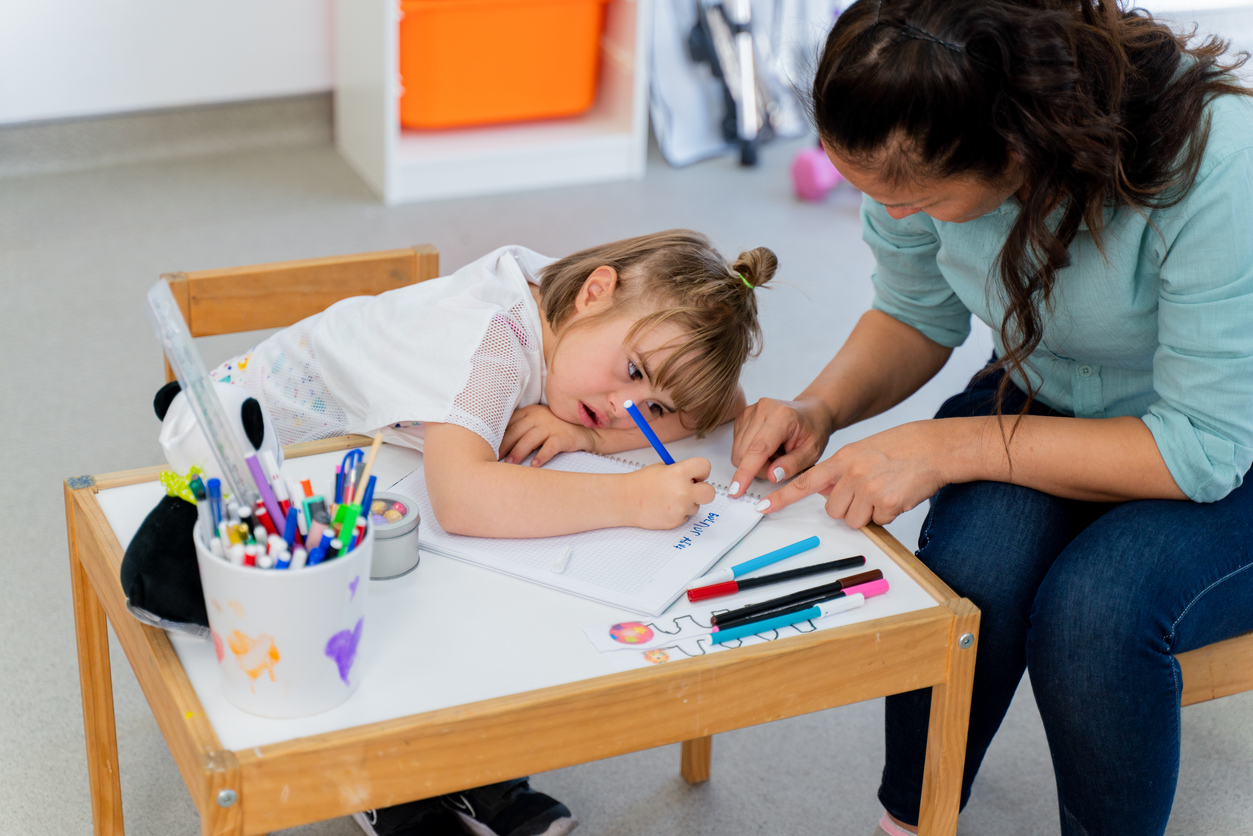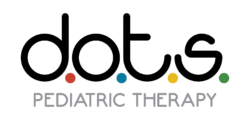Speech Therapy
What is Pediatric ST?
Pediatric speech therapy, also known as speech-language therapy, focuses on assessing and treating communication and swallowing disorders in children. Speech therapists work with kids to improve articulation, language comprehension and expression, stuttering, voice quality, social communication, and feeding/swallowing skills through tailored activities and techniques.
Collaborating with parents and caregivers, speech therapy aims to enhance children’s communication abilities, fostering social interaction, academic success, and overall quality of life. Early intervention is key to addressing speech and language challenges effectively and enabling children to reach their full potential.





How do I know if my child would benefit from ST?
Parents may consider seeking speech therapy for their child if they observe any of the following signs or concerns:
Articulation Difficulties: Persistent difficulty pronouncing sounds or words, such as substituting one sound for another (“wabbit” instead of “rabbit”) or omitting certain sounds.
Language Delay: Delayed onset of language milestones, such as babbling, first words, or combining words into sentences according to typical developmental timelines.
Limited Vocabulary: Difficulty understanding or using age-appropriate vocabulary, resulting in challenges with expressing thoughts, needs, or desires effectively.
Difficulty Following Directions: Struggles to understand or follow simple or complex instructions, impacting their ability to participate in daily routines or classroom activities.
Stuttering: Repetitions, prolongations, or interruptions in speech flow, along with tension or frustration when speaking.
Voice Problems: Persistent hoarseness, raspiness, or other abnormalities in voice quality that interfere with effective communication.
Poor Social Interaction: Challenges with initiating or maintaining conversations, understanding social cues, or engaging in reciprocal communication with peers.
Feeding or Swallowing Issues: Difficulty chewing, swallowing, or managing food or liquids safely during meals, resulting in choking, gagging, or aspiration.
If parents observe these signs or have concerns about their child’s speech, language, or communication development, consulting with a pediatrician or speech-language pathologist can provide valuable insights and guidance on whether speech therapy may benefit their child’s needs. Early intervention is crucial for addressing speech and language challenges effectively and maximizing a child’s communication skills and overall development.
Our Approach
Maximize Your Child’s Potential With The Benefits of Professional Therapy!
Please call our office or click on the "Get Started" button. We will then review your insurance benefits and/or discuss private pay options.
Consistent therapy attendance improves the effectiveness of our treatment plans. We will work with you to find a reserved weekly appointment time.
Typically a one-hour appointment that consists of standardized testing and clinical observation to assess developmental milestones.
After the evaluation, your therapist will communicate results, set goals, and create a treatment plan. Sessions are typically scheduled one to two times per week.
Testimonial
What they say about us
Our positive reviews stand as a testament to the unwavering dedication and transformative impact we’ve had on the lives of countless families, illuminating our commitment to excellence and compassionate care.



Why Choose Us
Building a brighter future for children, one step at a time.
When seeking the best care for your child’s therapy needs, DOTS Pediatric Therapy stands out as a trusted beacon of expertise, compassion, and comprehensive support.
We have a team of highly qualified and experienced therapists who specialize in pediatric care. With years of training and hands-on experience, they are adept at effectively addressing a wide range of developmental challenges.
We offer a comprehensive range of pediatric therapy services, including occupational, physical, and speech therapy. This ensures that children receive holistic care tailored to their individual needs, all under one roof!
We prioritize personalized care, recognizing that each child is unique and may require a customized treatment plan. By taking the time to understand the specific needs and goals of each child, our therapists can deliver targeted interventions that maximize progress and outcomes.






